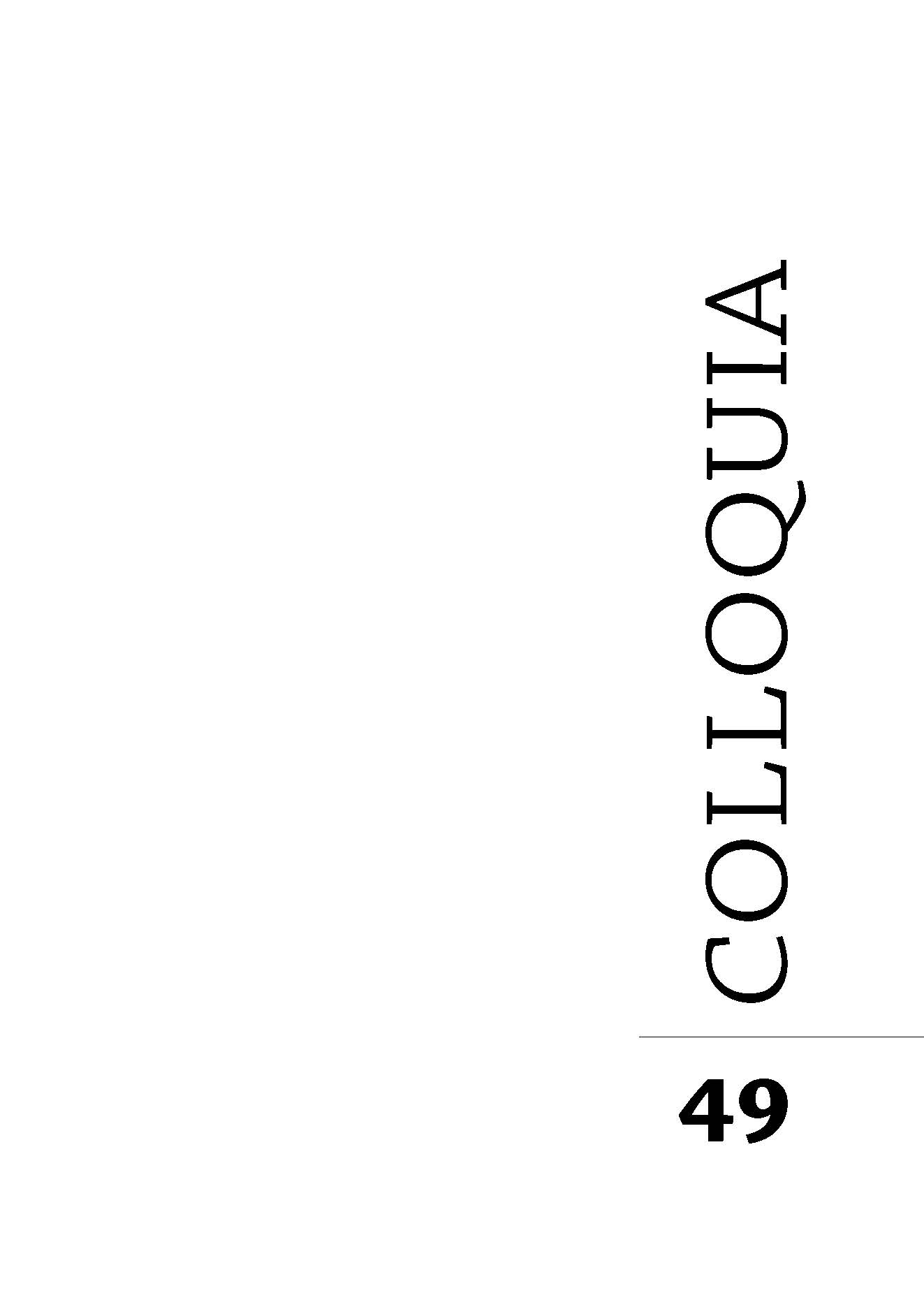Jono Aisčio ir Sigito Gedos atviros kultūrinės tapatybės samprata: tarp universalumo ir tautinės savisaugos
Santrauka
: Straipsnyje siekiame aptarti dviejų lietuvių poetų Jono Aisčio (1904–1973) ir Sigito Gedos (1943–2008) kultūrinės tapatybės atvirumo ir europietiškumo refleksiją, išsakytą jų poezijoje ir komentaruose. Tam pasitelkiame intertekstualumo teoriją, kuri padeda geriausiai parodyti, kaip rašytojai kūrė gyvybingus kūrybinius ryšius su Vakarų literatūra. Aptariame, kaip Lietuvos tarpukario mąstytojų europietiškumo idėjos pasirodo pasirinktų poetų kūryboje ir kuo europietiškumas galėjo būti susijęs su pasipriešinimu okupacijai ir provincialiam lietuviškumui. Straipsnyje traktuojame XX a. antrosios pusės lietuvių literatūrą kaip vieningą tos pačios tautos Šaltojo karo metu skirtingose šalyse sukurtą, nuo politikos priklausomą estetinį reiškinį.
Atsisiuntimai
Nėra atsisiuntimų.
Skaitomiausi šio autoriaus(ų) straipsniai
- Gintarė Bernotienė, Karolina Bagdonė, Gitana Vanagaitė, Doktorantūra Lietuvoje - ,,be lūkesčių, gairių ir studijų politikos'' , Colloquia: T 47 (2021)
- Karolina Bagdonė, Lyginamoji literatūra globaliame kontekste: politika, akademinė literatūra ir komparatyvizmo ateitis , Colloquia: T 54 (2024): Colloquia
- Karolina Bagdonė, Europietiškumo apraiškos lietuvių sovietmečio poezijoje: estetinis tapatybės laisvinimas , Colloquia: T 41 (2018)
